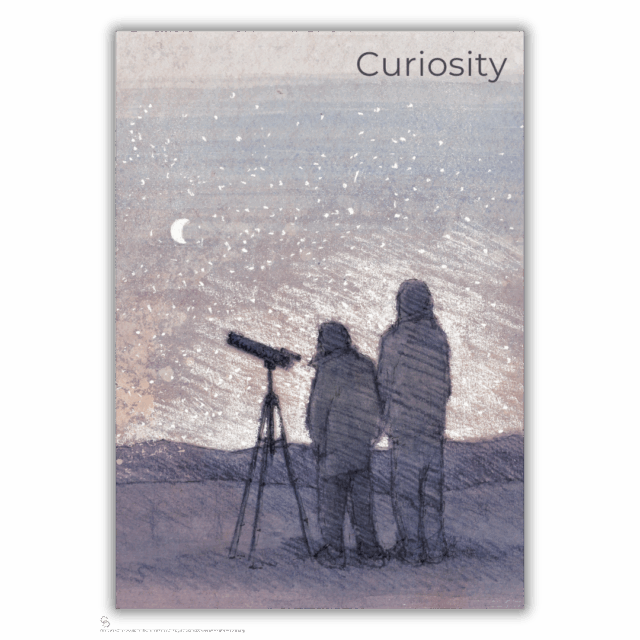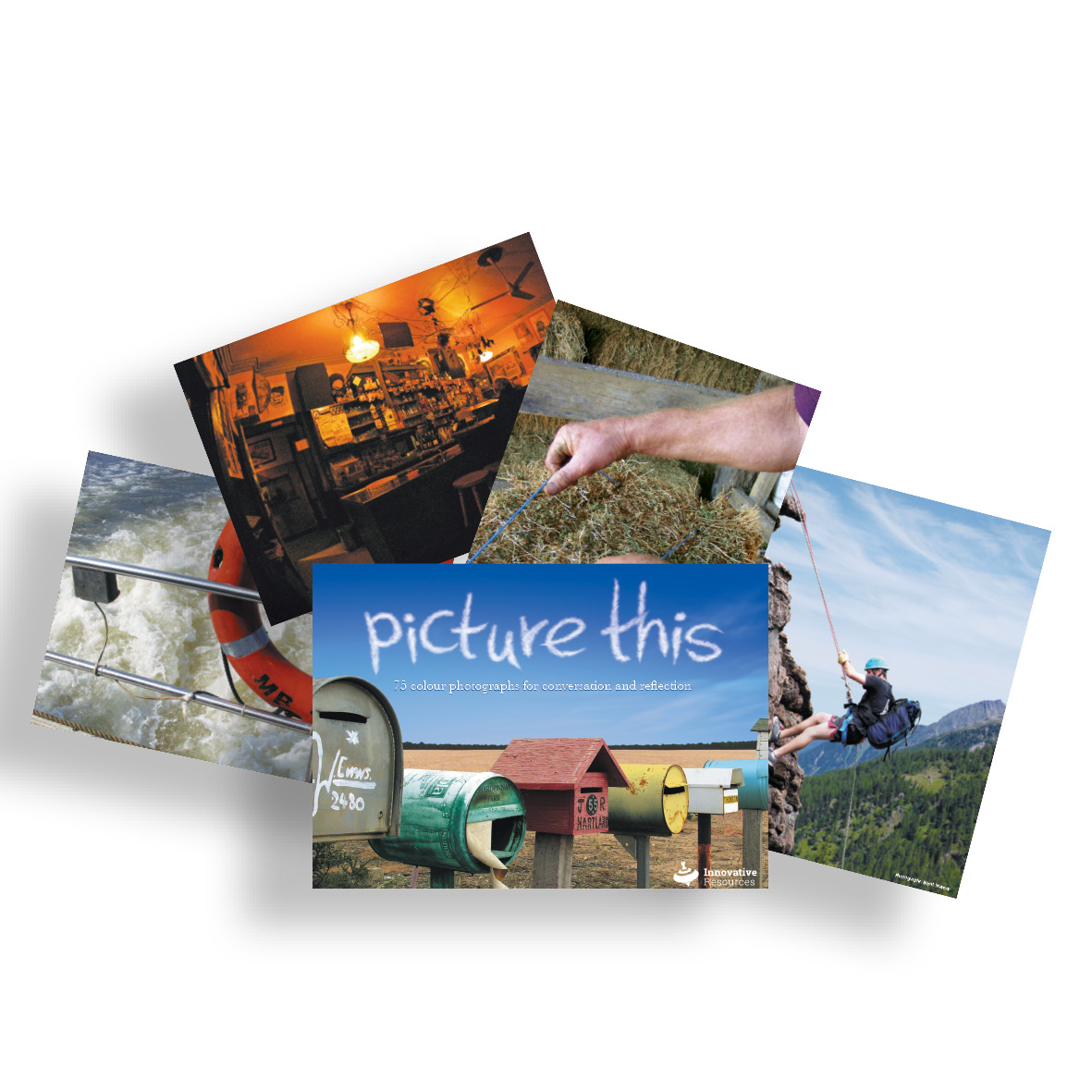**Please note**
This is the digital version of this card set.
The digital set includes:
- access to a digital set of the cards that you can download and use anywhere, anytime.
- a digital version of the booklet.
**Look for the links in your order confirmation email.
The synergy of strengths and circles
Strengths in Circles offers a safe and enjoyable framework for people to reflect on how they work together and what they might do to maximise the effectiveness of their team.
These cards provide strengths-based guidelines and are powerful reminders of how groups can
build connection, respect, honest communication and creative and collaborative solutions.
Each Strengths in Circles card contains a building block for putting circles into practice—in schools, teams, organisations and communities.
Co-author of Strengths in Circles, Sue Roffey, developed ‘Circle Solutions’—a philosophy and pedagogy to help ensure that Social and Emotional Learning happens in a safe space.
‘The Circle framework is active, reflective and discursive. Participants think and talk together about issues not incidents. Very little takes place with individuals; activities are almost all in pairs, small groups or the whole circle.’
– Sue Roffey 2014
suitable for:
- Educators/schools
- Team building
- Organisations
- Communities and clubs
- HR professionals
Further reading on SEL and the ASPIRE program
Social and emotional learning: From individual skills to class cohesion
More publications by the author, Sue Roffey
Roffey. S. (2022) Positive psychology in primary schools in Burke, J. and Giraldez-Hayes, A. (eds) Applied Positive School Psychology. Routledge
Roffey, S. (2021) Chapters: Relationships and Social Capital: Circle Solutions and the ASPIRE principles in Evans, K, Hoyle, T, Roberts, F and Yusuf, B (eds) (2021) The Big Book of Whole School Wellbeing. London and Thousand Oaks, CA: Corwin.
Godmundsdottir, D., Grenville- Cleaves, B., Huppert, F., King, V., Roffey, D., Roffey. S. and De Vries, M. Creating the World we Want to Live In: Positive Psychology for the Future (2021) Routledge.
Dobia, B. & Roffey, S. (2017) Respect for culture: Social and emotional learning with Aboriginal and Torres Strait Islander youth in R.Collie, E. Freydenberg, and A. Martin, (eds) Social and Emotional Learning in Australia and the Asia Pacific. Springer
Roffey, S. (2017) Learning positive relationships in C. Proctor (ed) Positive Psychology Interventions in Practice Springer







